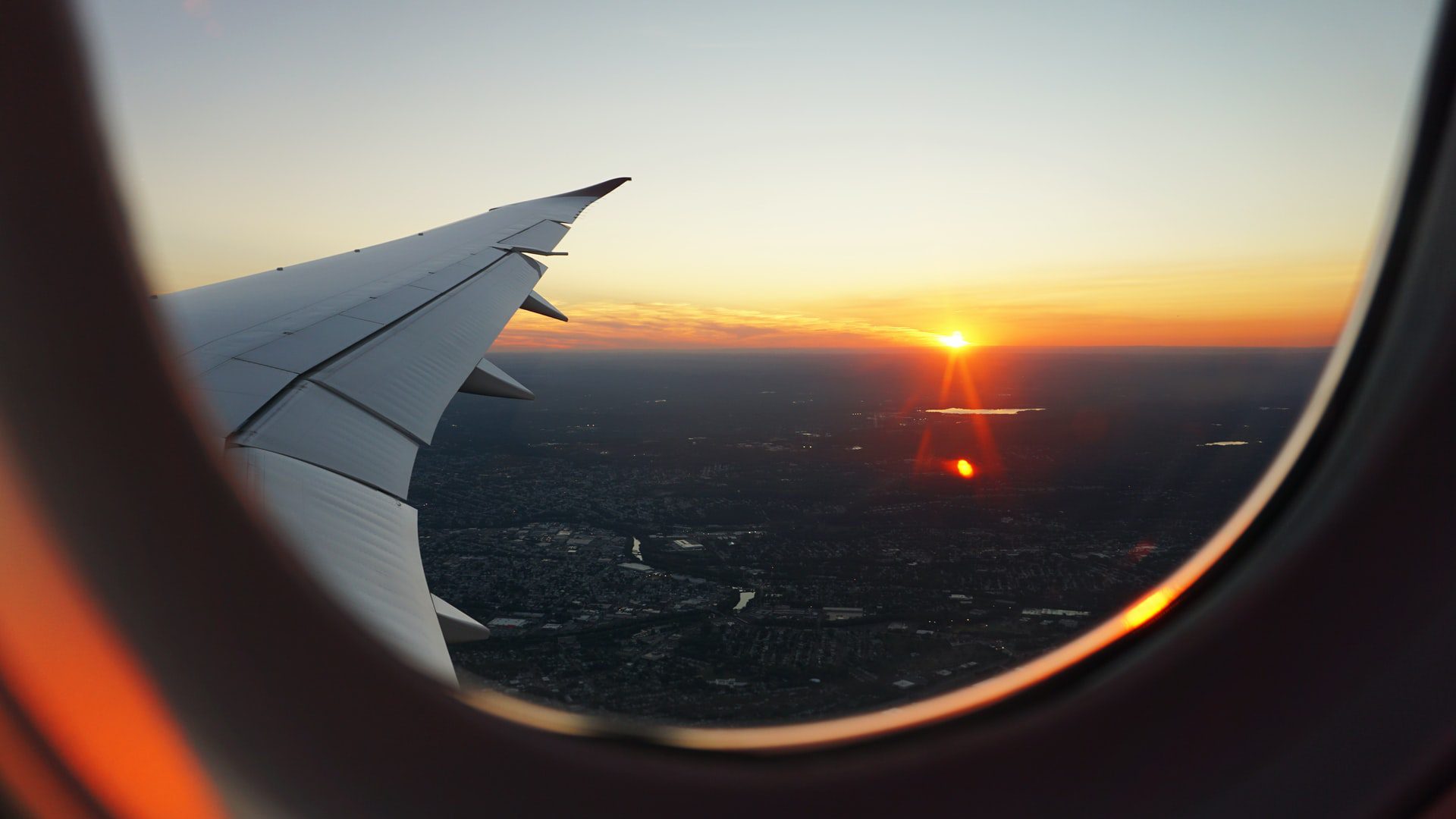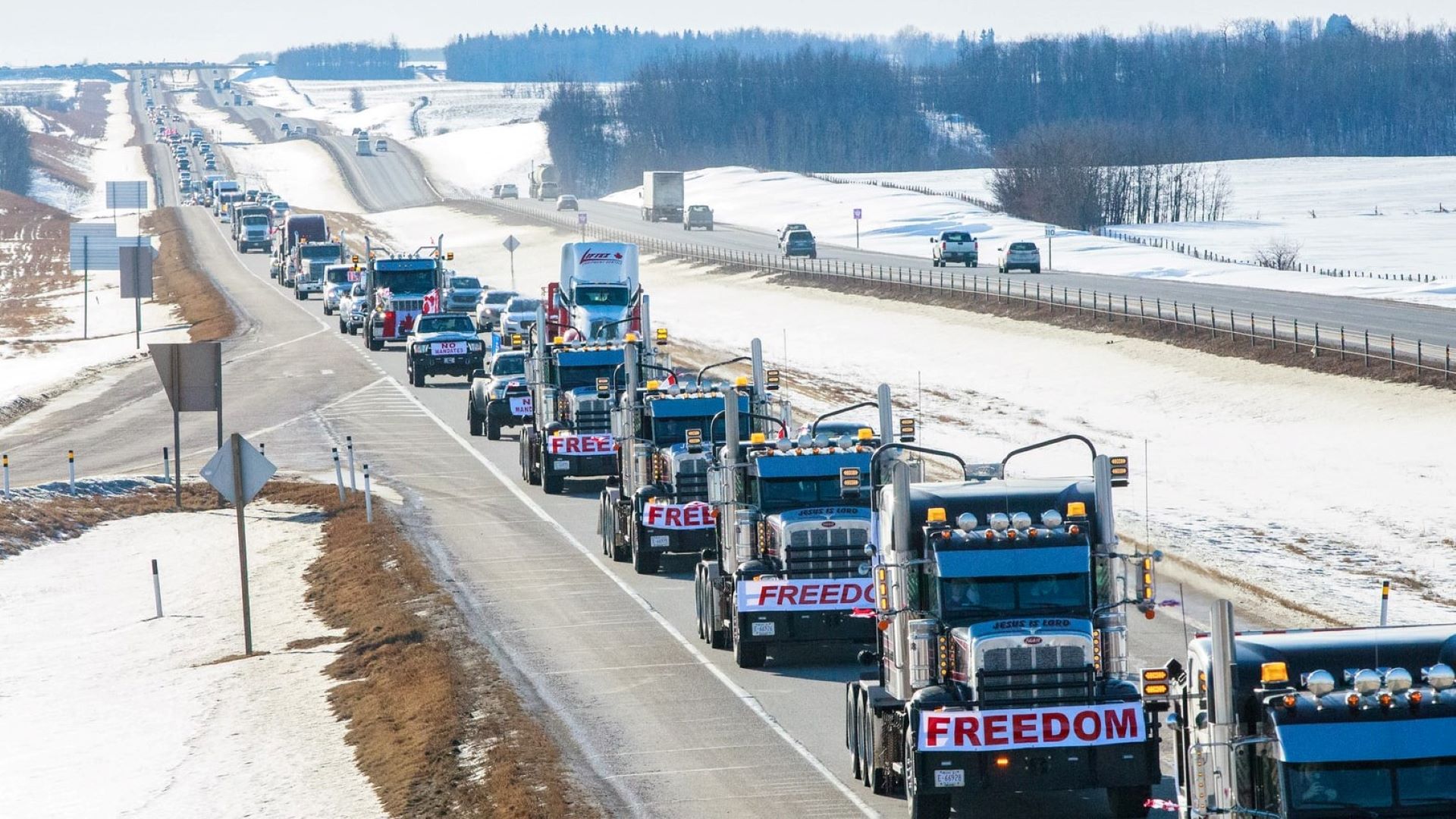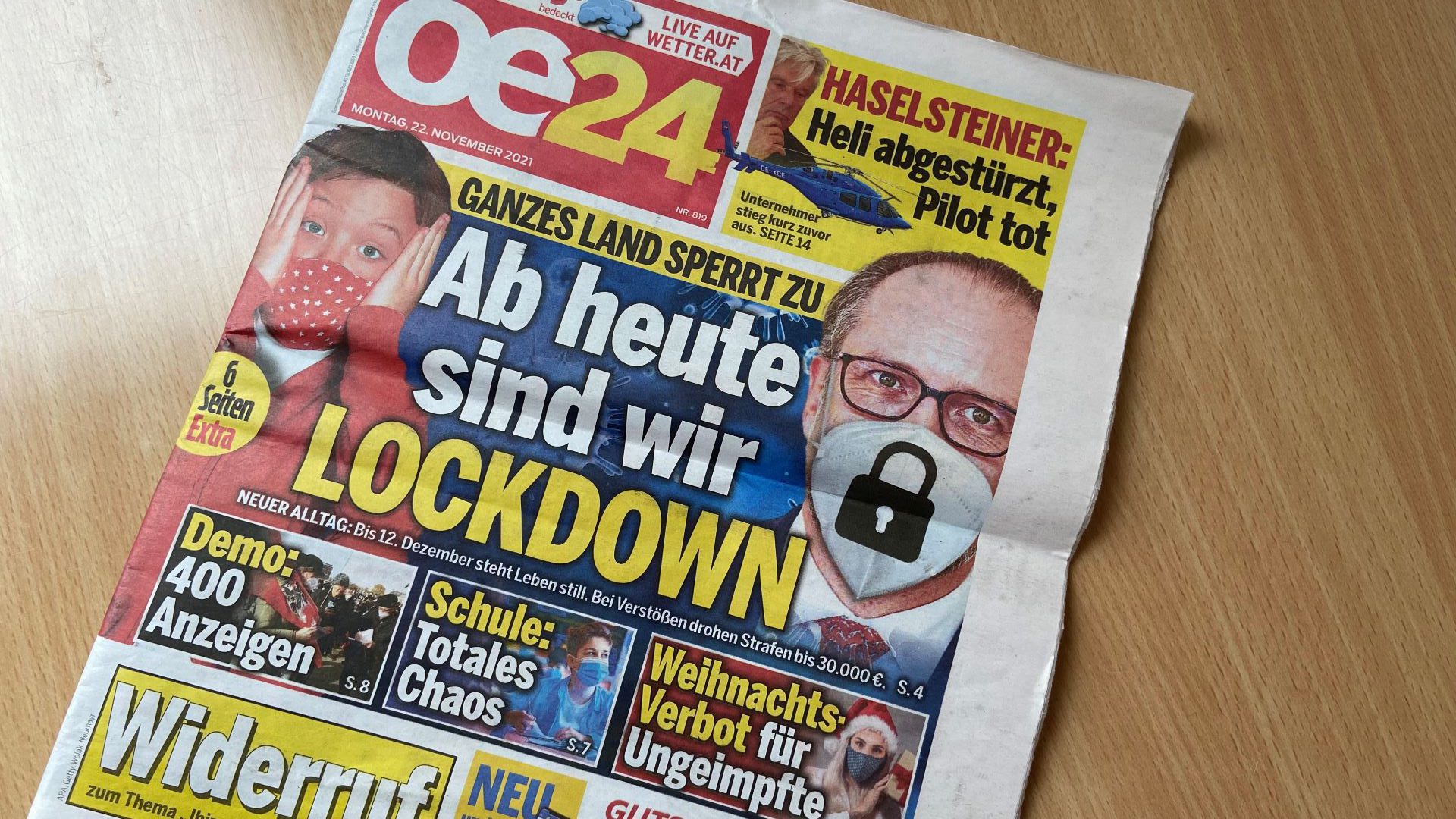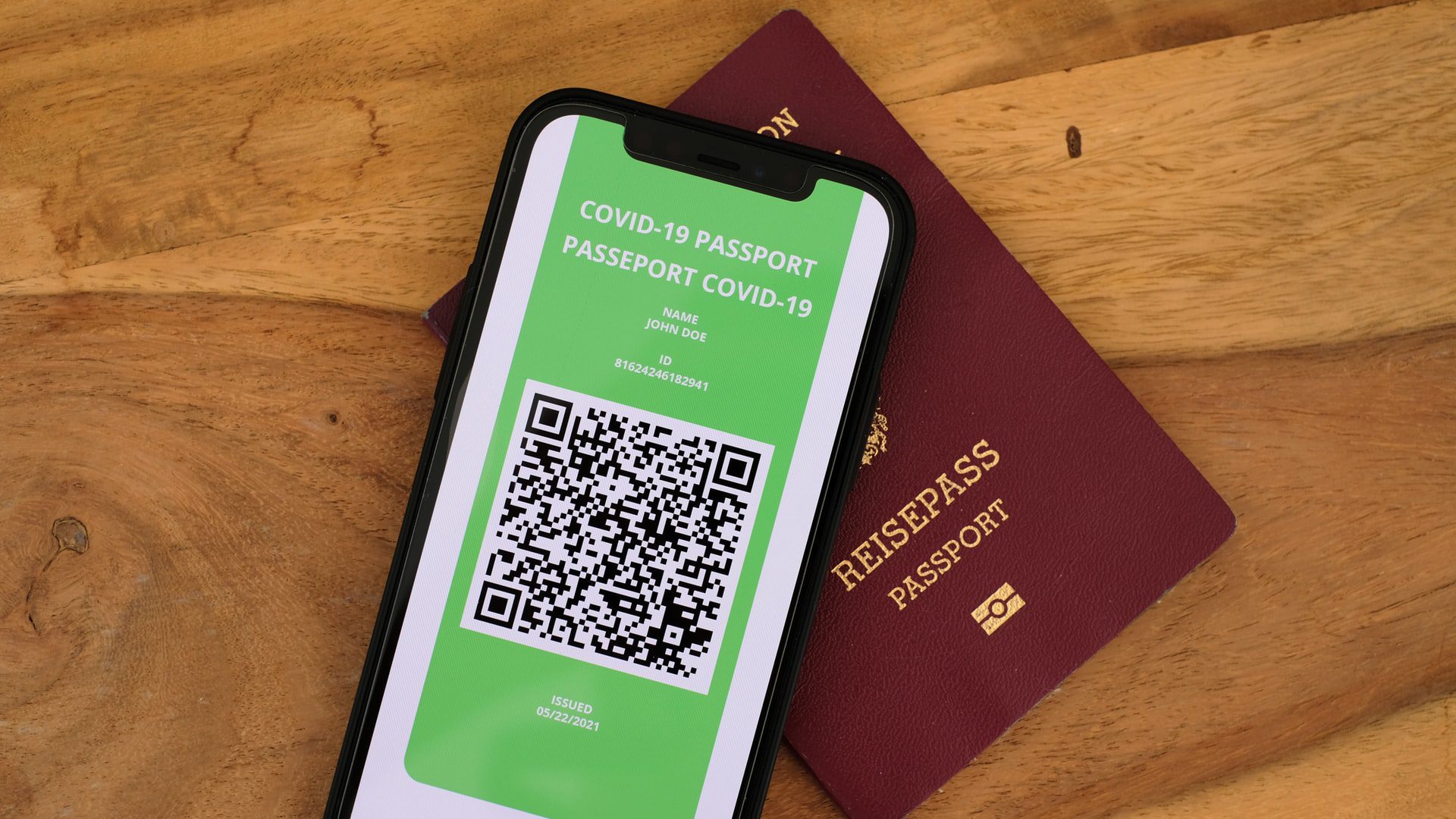For almost two years now, governments have severely restricted our lives in response to the COVID-19 pandemic, turning our lives upside down.
Aside from the perpetual misery and economic damage, this has led to a far more insular world that we haven’t seen since the mid twentieth century.
Travel restrictions have meant that friends and family, who used to be one cheap flight away, have effectively lived in a different universe, with no guarantee as to when they’ll return.
This phenomenon scales up to the global economy. Globalization has meant we’ve enjoyed very efficient yet delicate global supply chains, and these have suffered heavy damage.
While it may seem at times as though the world is destined to become more globalized and open, in times of crisis governments consistently demonstrate how quickly the world can be made much more insular.
You could argue this damage was worth it to prevent catastrophe, but the travel restrictions have typically been introduced as knee-jerk reactions to news coming in from abroad. While these restrictions are constantly evolving, they often fail to follow the reality on the ground.
Travel restrictions simply do not make sense
Like lockdowns, clamping down on travel appears to be arbitrary and politically motivated..
Intent on maintaining an “air” of control over the situation, governments have closed borders, or at least imposed stringent entry requirements, ignoring the fact that a virus like COVID-19 does not follow borders and cannot be kept out indefinitely.
Preventing a healthy person from traveling is an obvious infringement against their individual liberty. But even if you believe that liberty should be infringed upon for a greater good, such restrictions don’t actually work.
Mandatory PCR tests for air travel have proven extremely limited in their effectiveness at preventing the global spread of new variants. At best, such restrictions may delay a variant’s peak by several days only.
Or take, for example, the lengthy ban on non-citizens and non-residents entering the United States from Europe. After an executive order from then-President Trump in March 2020, the ban on European travelers arriving directly from Europe lasted until November 2021.
This situation is rather absurd and counterproductive when you consider both places have similar infection and vaccination rates.
But it gets worse. These same travelers could still enter the country by spending two weeks elsewhere beforehand, ironically increasing their likelihood of exposure to the virus.
Yet spending two weeks in Turkey or Mexico prior to their trip was not an option for most Europeans, meaning they were effectively unable to enter, even at times when the situation in the U.S. has been worse than in Europe.
Furthermore, due to many governments implementing vaccine requirements for entry, the problem of an inaccessible world remains for billions of people around the world, particularly in the global south, where vaccine availability is extremely limited.
Air travel bans have gutted economies
2020 was the worst year ever for air traffic demand, and 2021 wasn’t much better. According to the International Air Travel Association (IATA), global demand for international air travel in 2020 was a staggering 75.6 percent below 2019 levels. Naturally, in response to the global pandemic, demand would have experienced a drop regardless of government restrictions, but these will certainly have had the most profound impact.
Such a sudden drop in levels of air traffic has disrupted global supply chains on a scale we haven’t ever seen. Businesses reliant on international air travel for their shipments were suddenly forced into finding alternative arrangements as best they could, but the negative effects of travel bans on trade have been difficult to mitigate.
Many businesses have resorted to shortening their supply chains, irrespective of costs, in order to have security of supply. Any resulting increase in production costs will inevitably translate to higher prices for consumers.
Then there are the secondary effects of migrant labor shortages, the decline of the tourism industry, and the pulling back of foreign investors. This is particularly relevant in developing countries, as investors are no longer as eager to risk investing in lesser-known locations abroad.
Extensive anxiety and uncertainty around authoritarian travel restrictions and disrupted supply chains has had a significant psychological impact on businesses; they simply cannot reliably plan for the future. The damage this is causing is not yet fully visible and will continue to reveal itself in years to come.
It is imperative that we recognize the importance of defending the globalized world from which humanity has benefited so much. While it may be too late to undo the damage already done, we must demand an end to the harmful travel restrictions that are making our world poorer and more insular.
To read more about issues relating to the COVID-19 pandemic, be sure to check out our cluster page by clicking on the button below.
This piece solely expresses the opinion of the author and not necessarily the organization as a whole. Students For Liberty is committed to facilitating a broad dialogue for liberty, representing a variety of opinions. If you’re a student interested in presenting your perspective on this blog, send your piece to [email protected], and mention SFL Blog in the email subject line for your chance to be published and be seen!









